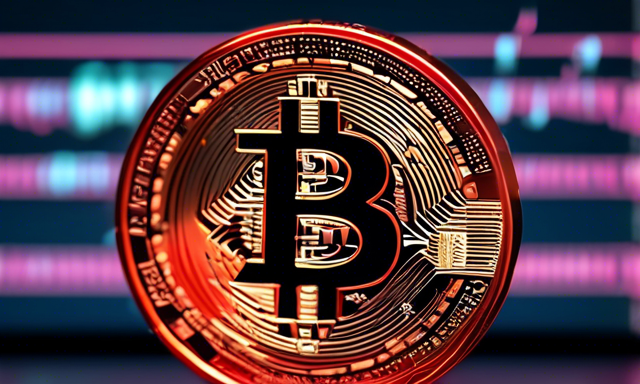Empowering the Shiba Inu Community: A Revolution in Decentralization 🚀
Shiba Inu (SHIB), the meme coin that took the crypto world by storm four years ago, has undergone significant evolution since its inception. Originally created as an experiment in decentralized community building, SHIB has now emerged as one of the most popular cryptocurrencies, with its market capitalization exceeding $8 billion and ranking among the top 20 in the market.
‘Preserving Anonymity for the Greater Good’ 🎭
The founder, known only by the pseudonym “Ryoshi,” initially spearheaded the project before passing the torch to a new anonymous developer, Shytoshi Kusama. In a recent interview, Kusama emphasized the importance of anonymity in maintaining the strength of Shiba Inu’s community-driven ethos. Refusing to reveal their identity, Kusama highlighted that the power of SHIB comes from its dedicated community, not individual leaders:
“There’s no necessity for my identity to overshadow the community. Let the mystique endure. The essence of SHIB derives from the collective efforts of the community, transcending any single individual. The pivotal elements are the technology that propels Web 2 into Web 3 and the emblematic canine breed that has captivated the internet as a meme.”
Additionally, Kaal Dhairya, another enigmatic figure within the Shiba Inu ecosystem, echoed the sentiment that anonymity fosters better engagement and feedback within the community.
Empowering the Community: A Shift Towards True Decentralization
In a groundbreaking announcement, the developers unveiled their plans to relinquish control and entrust the fate of Shiba Inu to the community by the end of this year. This move underscores their commitment to advancing decentralization within the cryptocurrency sphere, with Kusama emphasizing the empowerment of the community as a core tenet of their vision.
While Shiba Inu operates on decentralized principles, the extent of decentralization hinges on the community’s active involvement in decision-making processes. Should a significant portion of the SHIB Army remain passive, decision-making authority could become concentrated among a smaller cohort of engaged participants.





 By
By
 By
By
 By
By


 By
By